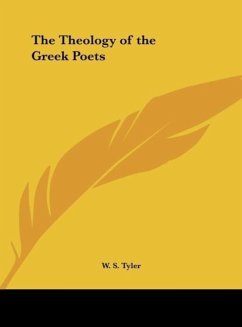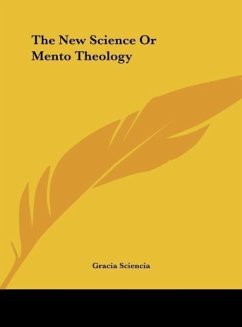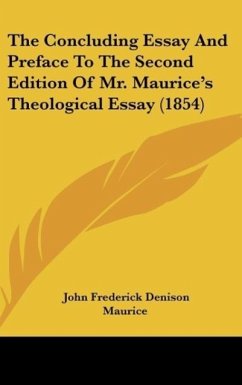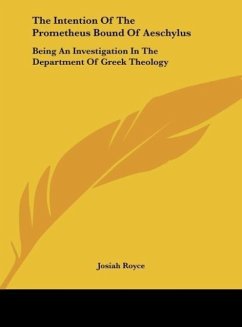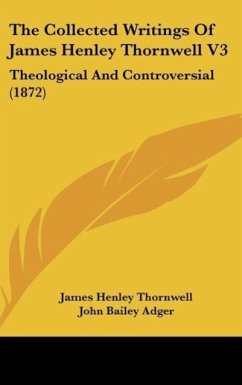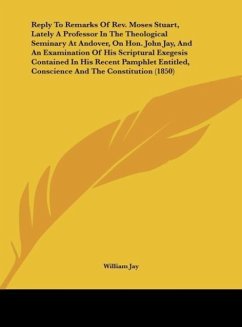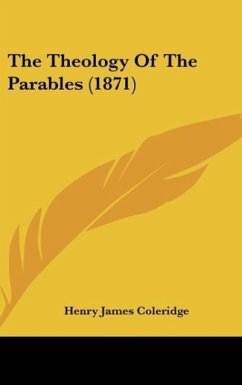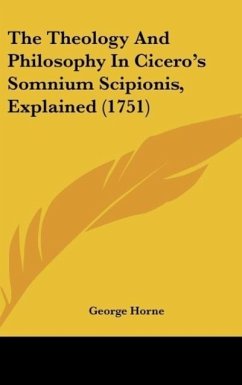1870. Natural theology may be contemplated from two different points of view, and so may be seen in two different aspects. We may look at in from the stand point of our own observation and reason in the light of Christianity; or we may consider it as it has been developed in the literature and history of heathen nations, and as it appeared in the eyes of those who were destitute of the Christian revelation. This volume is intended as a humble contribution to natural theology in both these forms.
Hinweis: Dieser Artikel kann nur an eine deutsche Lieferadresse ausgeliefert werden.
Hinweis: Dieser Artikel kann nur an eine deutsche Lieferadresse ausgeliefert werden.

